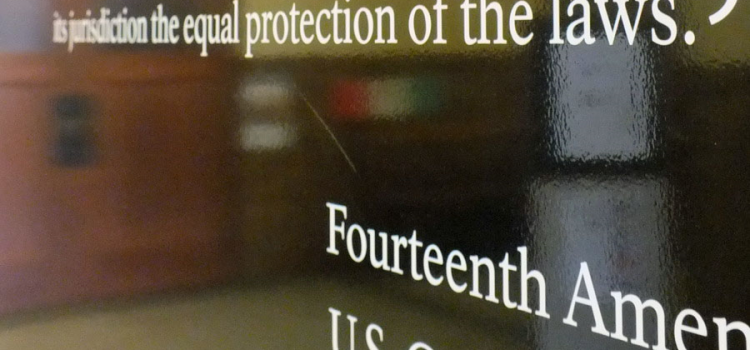In this podcast at the newsgents, the presenters talk about Trump’s tariffs and his liberation day and the impact on the UK’s public finances. This article is a reply.
The guardian reports US Department of State, channelling JD Vance, has raised the issue of “freedom of speech” in the current trade negotiations and are ‘concerned’ about the possible sanctions against an anti-abortion demonstrator who has been convicted of demonstrating too close to a clinic. The identification of ‘free speech’ as a trade issue is not just caprice. It was raised dramatically by JD Vance at the Munich security conference earlier this year. It is part of their pro-oligarch agenda; they are frightened of European regulators and the massive fines levied on the US high tech firms and now that Musk has bought twitter, the social media companies and their ‘freedom of speech’ is a tool by which they seek to maintain their power.
I was curious that they identified the fact that Trump respects those that strike back and yet spoke favourably of Starmer’s weak response, particularly when compared with both the EU’s and the US’s neighbours.
While they spoke of the short term economic results as a possible constraint on Trump’s behaviour, I suggest that the only constraint that concerns him is his popularity which since he can’t run again is of limited use to him. Curiously, I read an article by Lawrence Lessig today suggesting the founding fathers deliberately excluded term limits on the grounds that a desire for re-election would act as a moderator on behaviour. They were particularly concerned about kleptocracy, although Hamilton used the word plunder.
In the second part of the interview, they speak to Andy Haldane, once Chief Economist of the Bank of England. He argues that the trade war will blow Reeves’ plan off course as it lacks what he and others call fiscal head room. He argues that higher taxes will need to be raised but that the bond markets will live with a plan that works i.e. delivers growth, which he argues needs to be based on defence industries.
Itr was always unlikely that Haldane would argue that since the purpose of the golden rules and even the growth strategy is to reduce the national debt, what needs to change are the rules, the independence of the Bank of England and Office of Budget Responsibility (OBR). The progressive inventors of the fiscal golden rules argued that that their purpose was to protect investment. The purpose of Reeves’ iteration of the rules is to pay off the debt.
One justification against borrowing to fund investment, is the interest costs but Google reports that “As of 2023, Japan’s government debt to GDP ratio was 255.20%, while the UK’s was around 98.5%.” How can Japan fund their debt while the UK cannot?
I also question the efficacy of the government’s proposed industrial strategy; historically private sector capital has not invested in UK innovation which has been funded by retained profits.
It is frustrating that commentators like Haldane can’t or won’t mention easing trade barriers with Europe as a means of stimulating export led growth and that no digital liberty campaigners are arguing to rejoin the single market in order to implement the Digital Services Act which the US social media companies rightly fear.
Reeves’ rules are aimed at the wrong policy outcome, and her capitulation of judgement to the OBR is a democratic mistake which merely constrains her room for manoeuvre. In my view its time to review the independence of the Bank of England and the existance of the OBR. Economic policy should be the outcome of a democratic process, not a technocratic black box built by the dead.
I say more at this article on my blog, and on industrial policy at Chartist Magazine. …








